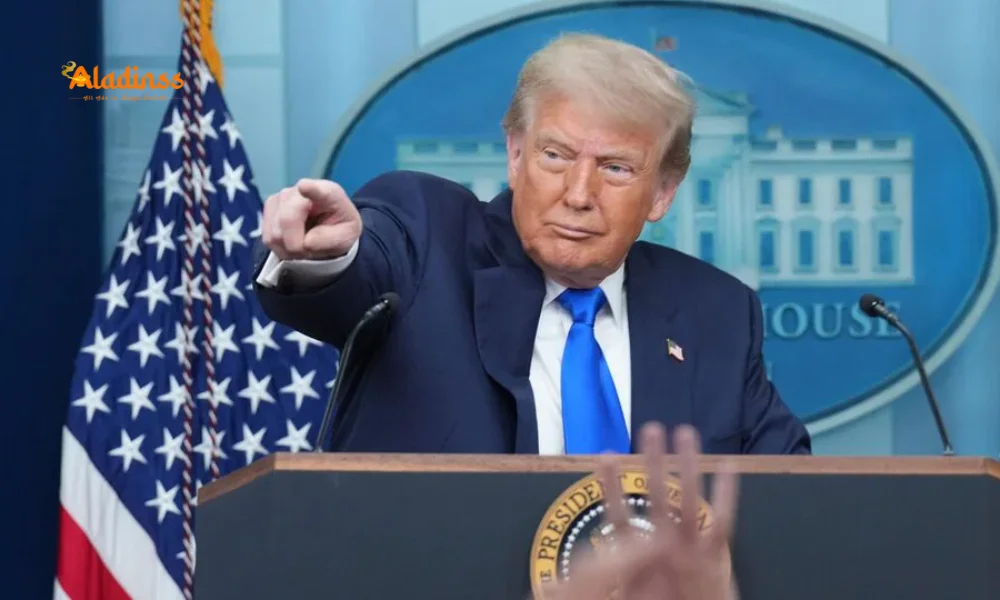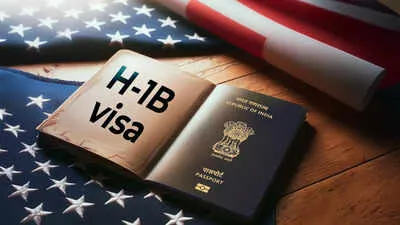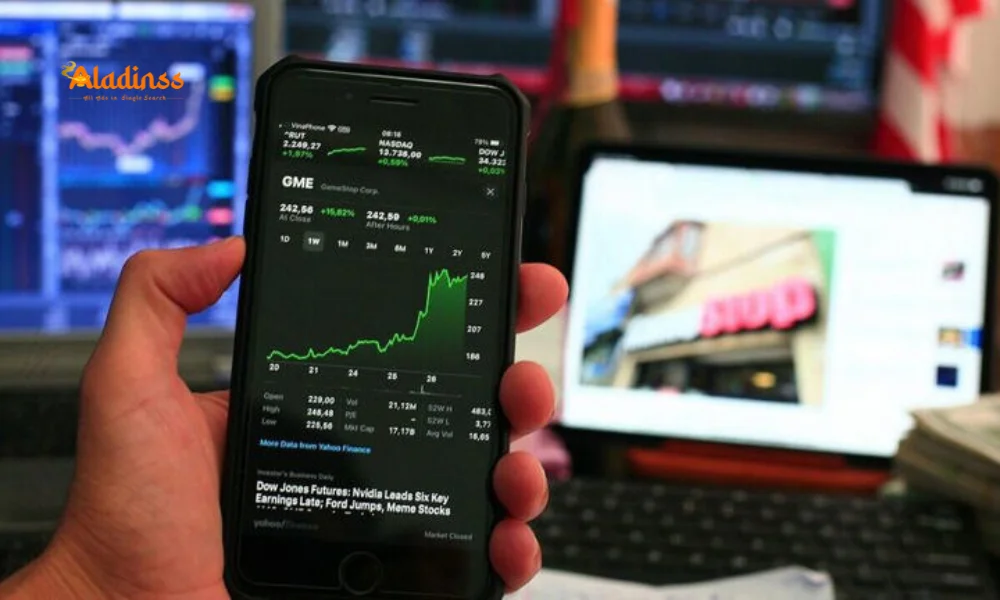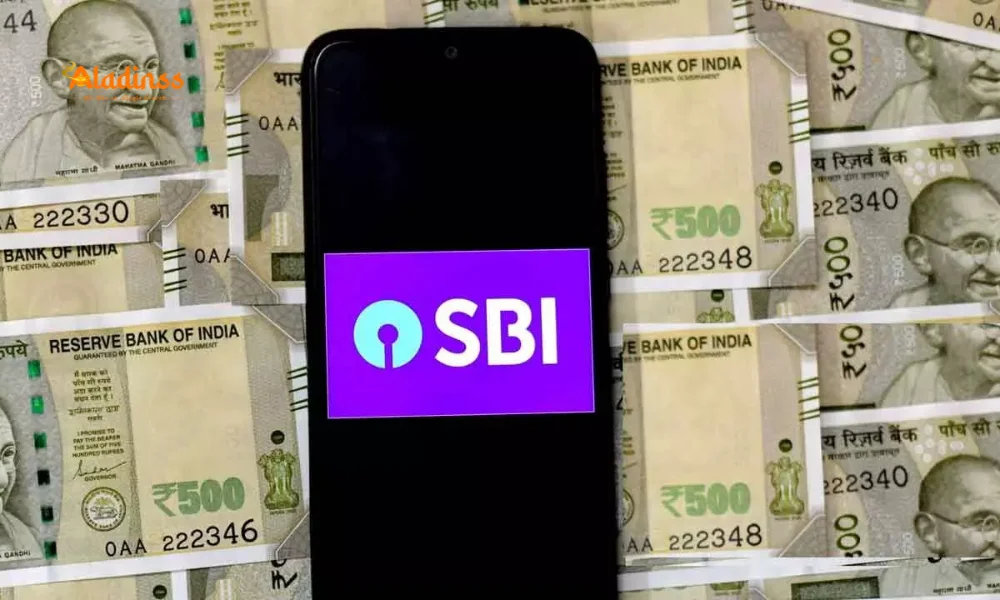Trump's H-1B Fee Hike: Buy TCS, Infosys IT Stocks?

Trump's H-1B Visa Fee Hike: A Golden Opportunity to Accumulate TCS, Infosys, and Wipro IT Stocks for the Long Haul?
The recent escalation in H-1B visa fees to a staggering $100,000 under President Donald Trump's immigration policy overhaul has ignited a wave of selling pressure across Indian IT stocks. Major players like Tata Consultancy Services (TCS), Infosys, Wipro, and HCL Technologies have faced intense scrutiny and dips in valuation over the past trading sessions, as investor sentiment sours amid fears of heightened operational costs and regulatory hurdles. Yet, for discerning long-term investors seeking value in the volatile market, this downturn presents a compelling entry point to build positions in these resilient IT giants, especially if one discounts the transient sting of the H-1B visa fee hike. Experts argue that while short-term headwinds loom, structural tailwinds from an anticipated India-US trade deal, US Federal Reserve rate cuts, and the relentless global surge in digital transformation, AI integration, and cloud computing adoption will propel the sector's recovery and sustained growth.
Indian IT firms, which power a significant portion of the world's technology services, have long navigated geopolitical and policy shifts with agility. The H-1B visa fee increase, aimed at curbing outsourcing dependencies, strikes at a core element of their US operations. However, deeper scrutiny reveals a sector far more diversified and adaptive than initial reactions suggest, positioning TCS stock, Infosys shares, and peers for a robust rebound. As markets digest these changes, the focus shifts to how companies are pivoting toward local hiring, offshore efficiencies, and innovation-driven revenue streams that align with emerging tech demands.

Decoding the H-1B Visa Fee Hike and Its Ripple Effects on Indian IT Sector
President Trump's H-1B visa fee hike, set to take effect for new applications in 2026, marks a pivotal shift in US immigration policy that could inflate costs for Indian IT companies reliant on skilled worker visas. Traditionally, these visas have enabled the deployment of top-tier Indian talent to client sites in America, fueling a multi-billion-dollar outsourcing industry. The jump to $100,000 per visa-more than quadrupling existing fees-threatens to squeeze margins, particularly for firms with substantial on-site presence. This has amplified negative sentiments around Indian IT stocks, contributing to recent sell-offs that shaved off percentage points from TCS, Infosys, Wipro, and HCL Technologies benchmarks.
Seema Srivastava, Senior Research Analyst at SMC Global Securities, views this as a short-lived challenge rather than a structural threat. "The H-1B visa fee hike undoubtedly introduces fresh headwinds for the Indian IT sector, which has historically leaned on these visas for US deployments," she observes. "It elevates operational expenses for high-dependency players and layers on regulatory uncertainties amid ongoing client hesitancy and profitability strains. That said, macroeconomic currents are poised to eclipse these pressures over the medium to long term, fostering a more balanced outlook."
Srivastava's assessment is echoed by Sugandha Sachdeva, Founder of SS WealthStreet, who emphasizes the contained scope of the impact. For the leading 10 Indian and India-focused IT service providers, H-1B visa holders comprise under 1% of their worldwide workforce. This minimal footprint implies that FY26 earnings disruptions will be marginal at best. Proactive measures are already underway: firms are slashing H-1B dependencies, ramping up US-based recruitment, and channeling more projects to cost-effective Indian delivery hubs. Such adaptations not only mitigate risks but also enhance operational resilience in a landscape increasingly favoring hybrid work models.
The fee revision's prospective rollout in 2026 affords Indian IT companies a grace period to refine strategies. This includes bolstering employee skilling initiatives and pouring resources into cultivating domestic US talent pipelines. Notably, investments exceeding $1 billion in US workforce development underscore a strategic evolution toward diversified, sustainable staffing paradigms that transcend visa vulnerabilities.
Expert Perspectives: Why the H-1B Impact May Fade Faster Than Feared
Delving into the nuances, Sachdeva highlights how Indian IT firms have preemptively addressed similar policy squeezes in the past. By fostering a blend of onshore, nearshore, and offshore capabilities, companies like TCS and Infosys are insulating themselves against visa-related volatilities. This recalibration extends to embracing automation and AI tools that diminish the need for physical relocations, thereby curbing future fee exposures. For long-term investors, this signals not weakness, but a maturation of the sector into a more agile, tech-forward entity.
Srivastava adds that the broader ecosystem dynamics further temper the H-1B visa fee hike's sting. Global enterprises, buoyed by easing monetary policies, are ramping up technology budgets. The convergence of digital overhaul mandates, artificial intelligence deployments, and cloud migration waves creates a fertile ground for Indian IT service providers to harvest deal wins and revenue accelerations. These secular trends dwarf episodic policy tweaks, reinforcing the case for viewing current dips in Wipro and HCL Technologies shares as tactical buying windows.
US Fed Rate Cuts and India-US Trade Deal: Catalysts for IT Stock Revival
Shifting gears to macroeconomic boosters, optimism surrounding US Federal Reserve interest rate reductions is injecting fresh liquidity into global markets. Lower borrowing costs are enticing corporations to greenlight deferred IT initiatives, from cybersecurity upgrades to data analytics platforms. This spending resurgence dovetails with the buzz around a prospective India-US trade pact, which could dismantle barriers, amplify outsourcing flows, and forge tighter tech alliances. Srivastava elaborates: "Fed rate cut expectations are easing liquidity constraints and trimming capital expenses, spurring corporate IT outlays. Coupled with trade deal prospects that promise fewer compliance snags, enhanced offshoring avenues, and collaborative innovation hubs, these elements fortify the Indian IT sector's enduring trajectory."
The interplay of these factors is particularly bullish for Indian IT stocks. As US clients thaw on budget freezes, demand for specialized services in AI, machine learning, and sustainable tech solutions surges. Indian firms, with their cost advantages and proven scalability, stand primed to capture this upswing. Moreover, the trade agreement's potential to streamline visa processes-ironically countering the H-1B fee hike-could restore equilibrium, making the current valuation compression in TCS stock and peers an attractive proposition for patient capital.
Beyond immediate catalysts, the sector's alignment with megatrends like Industry 4.0 and ESG-compliant digitalization ensures multi-year growth vectors. Analysts project compounded annual growth rates north of 8-10% through FY27, underpinned by deal ramps in high-margin verticals such as healthcare informatics and fintech automation. For investors, this confluence underscores why discounting the H-1B visa fee hike could unlock substantial alpha in a portfolio tilted toward quality IT names.
Top IT Stocks to Consider: TCS, Infosys, HCL Tech, and Wipro in Focus
When evaluating standout performers amid the turbulence, Srivastava spotlights TCS as the sector's anchor. Renowned for its fortress-like balance sheet, flawless execution track record, and steady dividend payouts, TCS embodies defensive prowess with upside potential. Its vast client roster and leadership in digital engineering make it an indispensable core holding for long-term portfolios navigating H-1B visa fee hike uncertainties.
Infosys emerges as a dynamic growth contender, buoyed by blockbuster contract acquisitions, robust digital revenue streams, and an invigorating pipeline visibility. The company's aggressive forays into AI-driven platforms and cloud-native solutions position it to outpace peers, rendering Infosys shares a high-conviction pick for investors betting on tech-led recoveries.
HCL Technologies strikes a harmonious risk-reward chord, excelling in engineering services, cloud orchestration, and legacy infrastructure modernizations. Though grappling with episodic margin squeezes, its exposure to rebounding discretionary spends in manufacturing and telecom verticals offers compelling leverage. For those eyeing balanced exposure, HCL Tech merits inclusion alongside TCS and Infosys.
Wipro, while trailing in growth cadence and deal vitality relative to frontrunners, harbors speculative allure for contrarian plays. Recent leadership transitions and turnaround initiatives signal potential inflection points, though patience is warranted. Srivastava cautions that Wipro suits tactical allocations over outright conviction bets in the current Indian IT stocks landscape.
In essence, the H-1B visa fee hike, while catalyzing near-term volatility, illuminates entry thresholds for astute accumulators. With Fed tailwinds, trade diplomacy advancements, and innovation imperatives converging, the Indian IT sector's fundamentals remain unassailable. Long-term adherents to TCS, Infosys, and select peers stand to reap dividends from this confluence, transforming policy noise into portfolio fortitude.
(Disclaimer: This article serves educational intents exclusively. Opinions and suggestions herein reflect those of named analysts or firms, not the publisher. Investors are urged to seek guidance from qualified professionals, given the fluid nature of markets and individual fiscal variances.)
Comment / Reply From
No comments yet. Be the first to comment!







